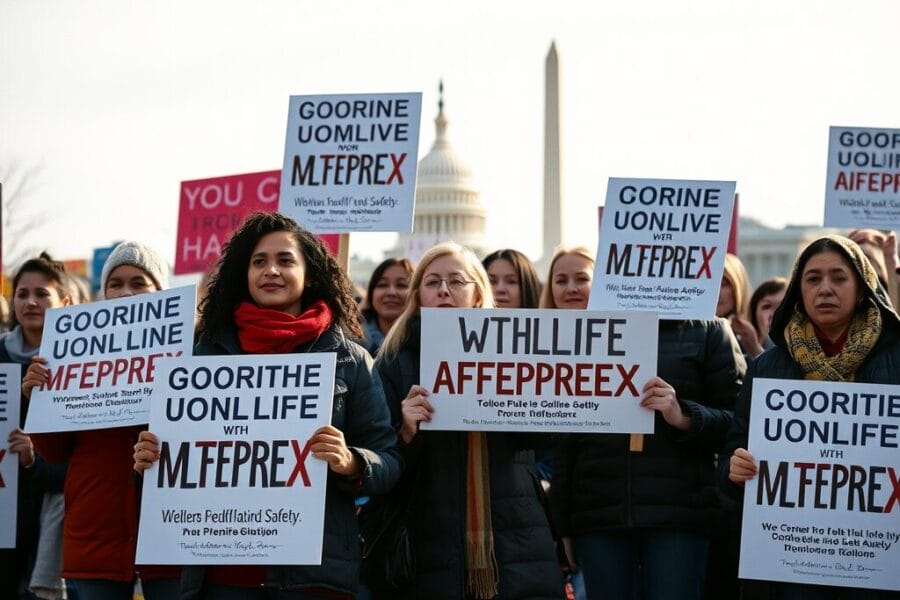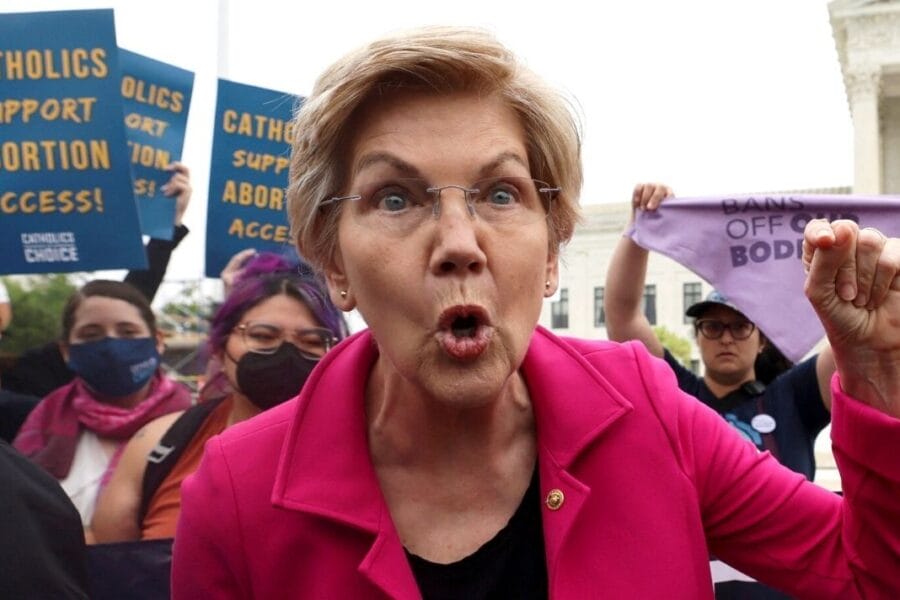Some conservatives have criticized Judge Kavanaugh for select opinions. One of these, Priests for Life v. United States Department of Health and Human Services, involved the HHS mandate.
Judge Kavanaugh’s opinion in Priests for Life was a dissent from the refusal of the entire D.C. Circuit to rehear the case. He would have reheard the case and ruled “for the plaintiff religious organizations.”
The Priests for Life case was decided after the Supreme Court had ruled in the Hobby Lobby case that a for-profit organization was protected under the federal Religious Freedom Restoration Act (RFRA). So, Judge Kavanaugh was applying Hobby Lobby and the Supreme Court’s reading of RFRA.
He emphasized that the D.C. Circuit was bound by the Supreme Court’s decision in Hobby Lobby:
“We are a lower court in a hierarchical judicial system headed by ‘one Supreme Court.” [citing the US Constitution, Article III, section 1] “It is not our job to re-litigate or trim or expand Supreme Court decisions. Our job is to follow them as closely and carefully and dispassionately as we can.”
Judge Kavanaugh then addressed three legal points, which encompass the three prongs of a RFRA claim. First, he concluded that “under Hobby Lobby,” the HHS mandate imposed a “substantial burden” on the religious organizations.
Second—and here’s the point of criticism—he concluded that “Hobby Lobby strongly suggests that the Government has a compelling interest in facilitating access to contraception for the employees of these religious organizations.” More specifically, Hobby Lobby indicated that five justices, considering the concurring opinion of Justice Kennedy, would find that the government had a compelling interest. Judge Kavanaugh repeated: “Justice Kennedy strongly suggested in his Hobby Lobby concurring opinion—which appears to be controlling de facto if not also de jure on this particular issue—that the Government generally has a compelling interest in facilitating access to contraception for women employees,” citing three passages from the Hobby Lobby opinions.
He then added a paragraph that could be seen as unnecessary dictum about the supposed connection (“[i]t is commonly accepted”) between contraception and “reducing the number of unintended pregnancies.” Therefore, “it comes as no surprise that Justice Kennedy’s opinion expressly referred to a ‘compelling’ government interest in facilitating women’s access to conception.”
Finally, Judge Kavanaugh inquired whether the Government had used the “least restrictive means” as required by RFRA, and concluded that the Government had not, that it could have used an alternative means, without requiring the organizations to be complicit.
For all three of these points, Judge Kavanaugh carefully cited the language of the Hobby Lobby decision.
There are a number of “takeaways” from Judge Kavanaugh’s dissent. The question of what lawyers call “vertical precedent” (a lower court’s duty to follow Supreme Court decisions) is significantly different from “horizontal precedent” (the Supreme Court’s duty to follow its own decisions). Moreover, his opinion was a dissent and therefore had no precedential value. And while his paragraph on “compelling interest” seems unnecessary, it also didn’t establish any precedent and may also have served to isolate the final point, which Judge Kavanaugh believed doomed the Government’s case.




